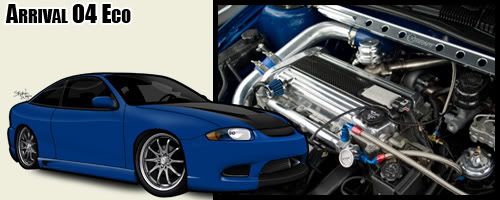Or, take your gas bill, just for fuel for the car.
Now cut it in half because were are getting more of this "limited resource".... that's spewing up under its own pressure NATURALLY in socal.
we would all have more money to spend on OTHER THINGS..... like HOUSING.
But there is more...
NOW you need to PAY people to work the oil rigs......
so, with all this extra oil, you need to truck it some were, ergo more jobs,
but with all this oil, looks like we need oil refineries (workers), so more jobs to not only work them, but build more of the refineries (workers).
this one act of drilling for oil, could jump start the economy, but we are so chicken sh!t we are going to hurt a spotted owl.
at 90 cents a gal, how many people are really going to care about the damn owl?
I will not get in to a fu-king blame game with bush bashing... drop it, its over, let go, no one cares.
Chris
"An appeal to arms and the God of hosts is all that is left us. But we shall not fight our battle alone. There is a just God that presides over the destinies of nations. The battle sir, is not of the strong alone. Is life so dear or peace so sweet as to be purchased at the price of chains and slavery? Forbid it almighty God. I know not what course others may take, but as for me, give me liberty, or give me death."
Speech at the Second Virginia Convention at St. John's Church in Richmond, Virginia (23 March 1775) Patrick Henry
But seriously...................what?
Chris
"An appeal to arms and the God of hosts is all that is left us. But we shall not fight our battle alone. There is a just God that presides over the destinies of nations. The battle sir, is not of the strong alone. Is life so dear or peace so sweet as to be purchased at the price of chains and slavery? Forbid it almighty God. I know not what course others may take, but as for me, give me liberty, or give me death."
Speech at the Second Virginia Convention at St. John's Church in Richmond, Virginia (23 March 1775) Patrick Henry



























